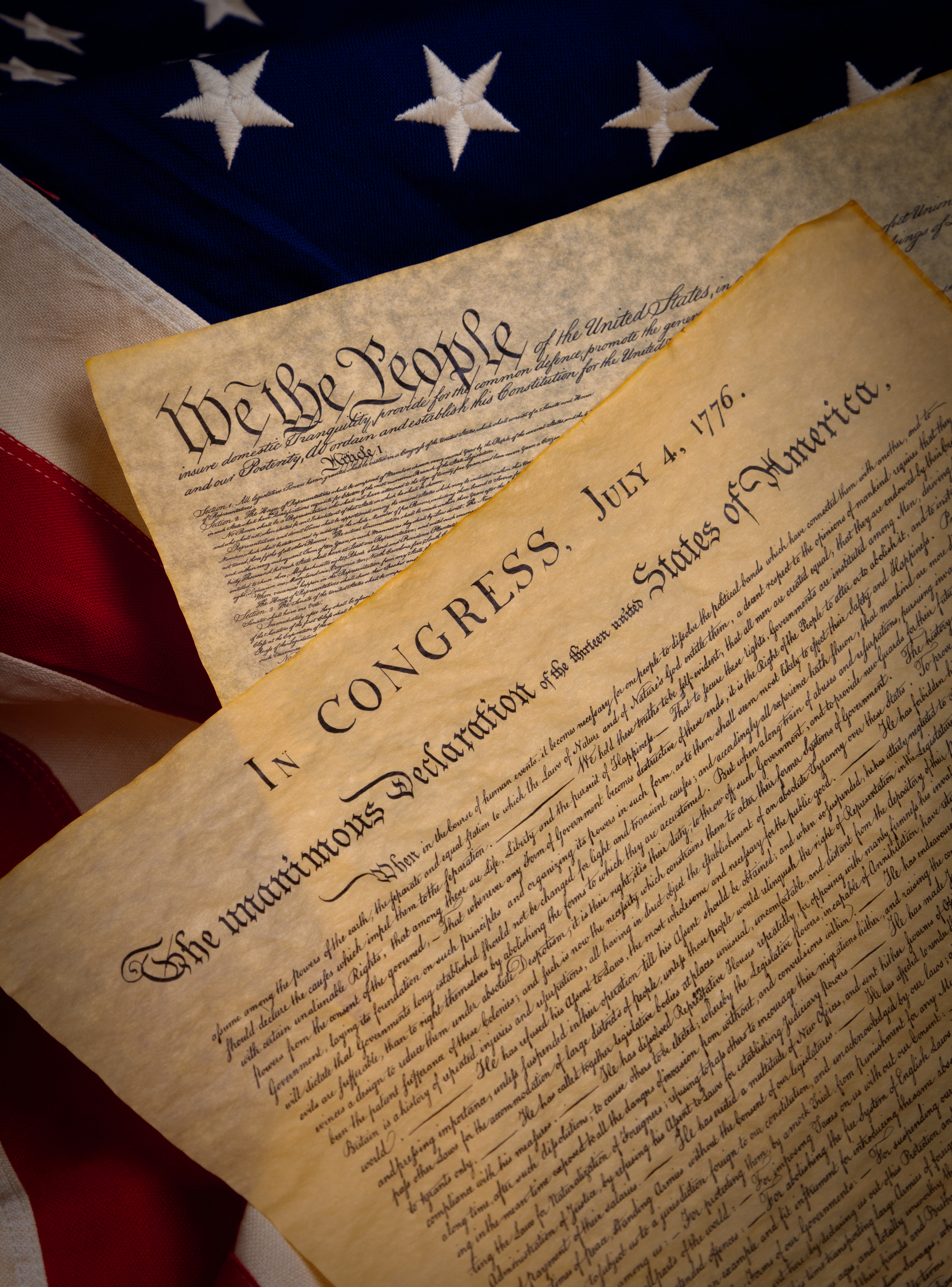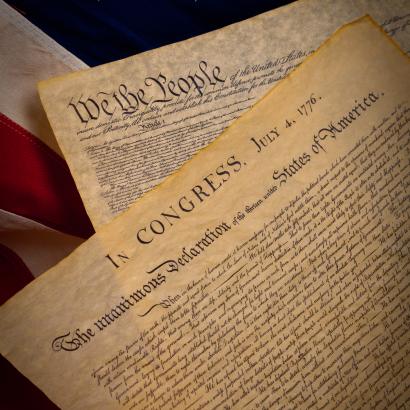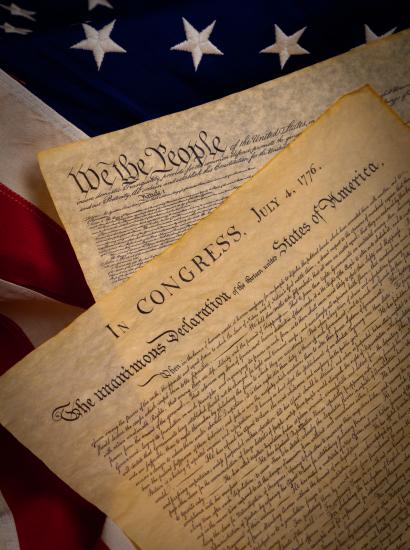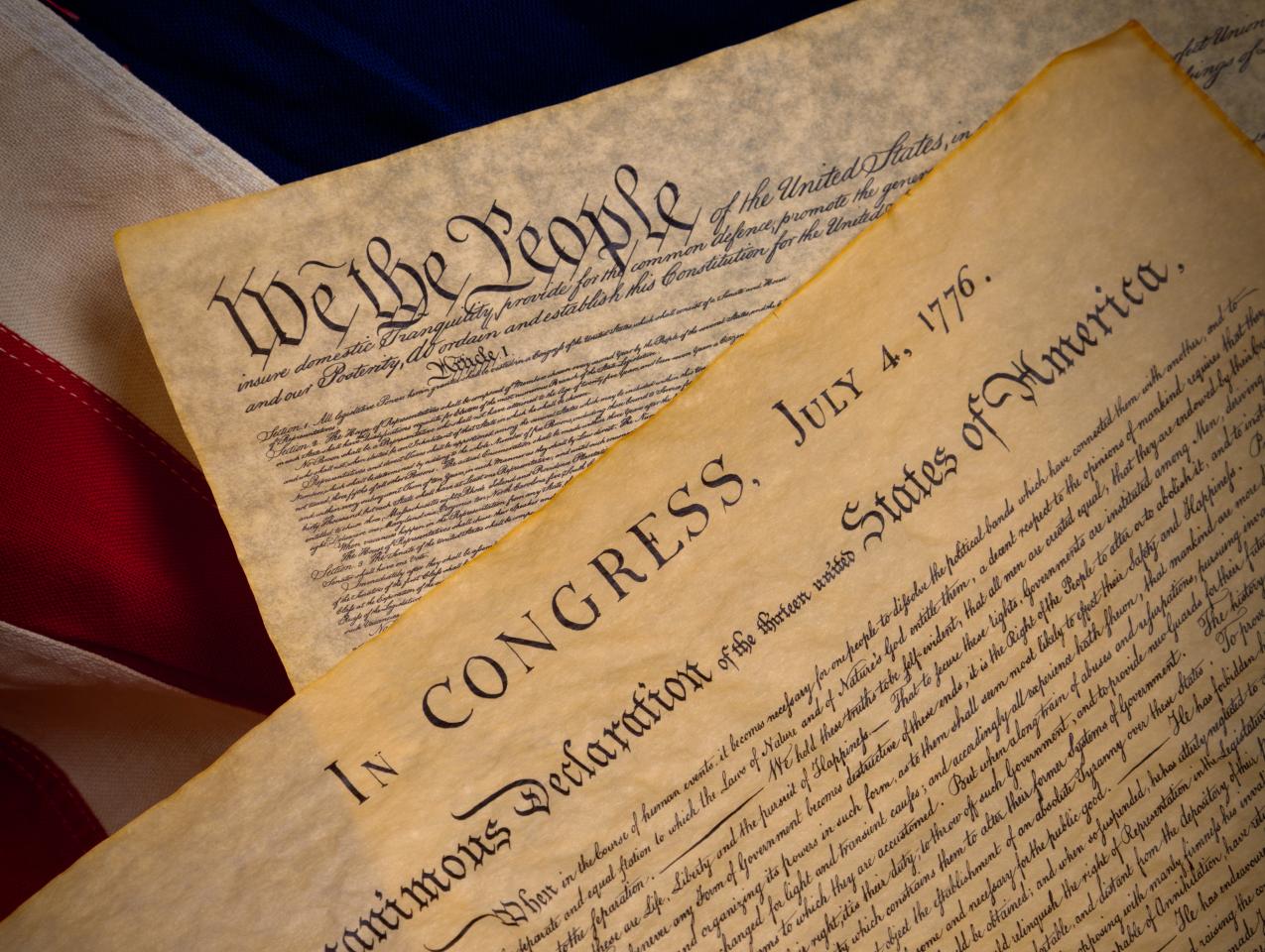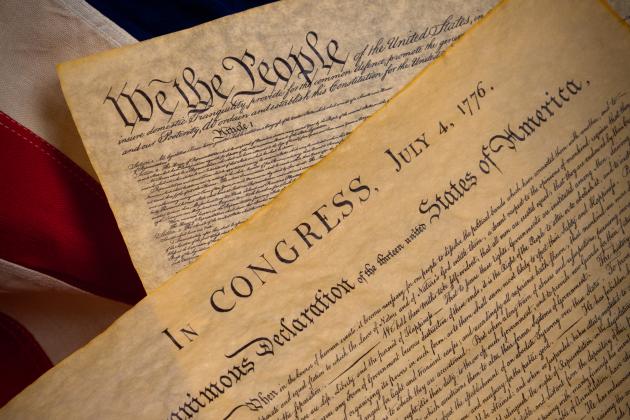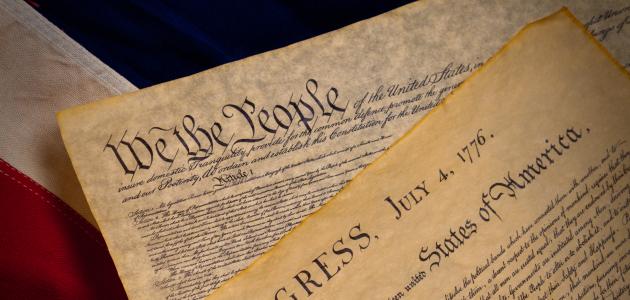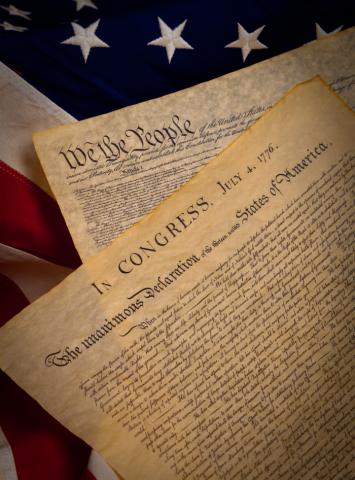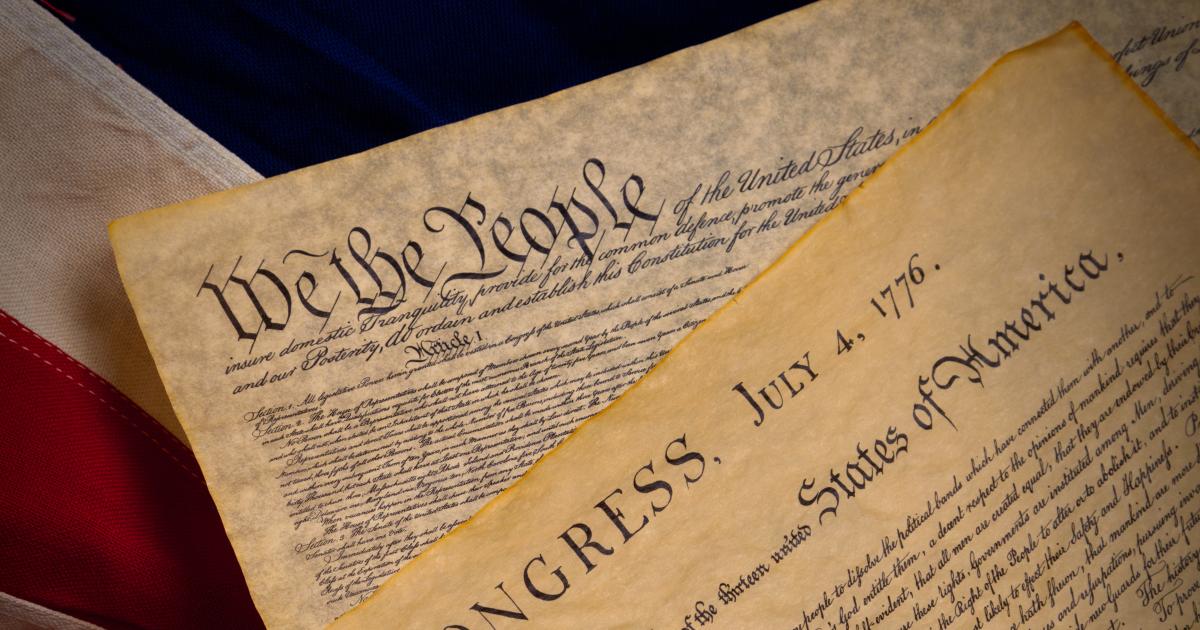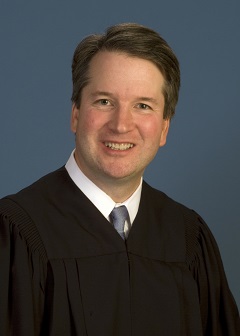
Supreme Court nominee Brett Kavanaugh is likely to adhere to the original meaning of the US Constitution and offer skepticism about the growth of the administrative state, say Hoover scholars.
Adam White, a research fellow at the Hoover Institution who studies administrative law and regulatory policy, describes Kavanaugh as one of the judiciary’s top intellectual luminaries.
What do we know about Brett Kavanaugh's approach to the administrative state and regulatory issues that may come before the Supreme Court in the future?
White: Judge Kavanaugh is his generation’s leading judge on issues related to the administrative state. In his opinions, and in his law review articles, Judge Kavanaugh has outlined a nuanced approach to administrative law, which is especially mindful of the Constitution’s separation of powers and of the need for judges to be less reflexively deferential to agencies’ claims to broad powers to regulate the most significant economic and policy issues of our time.
Why has Congress given ever-increasing authority to federal agencies and entities?
White: From the early twentieth century to the early twenty-first century, Congress passed statutes giving vast powers—sometimes effectively open-ended powers—to regulatory agencies. They did this for multiple reasons. One reason was that Congress wanted to benefit from the “expertise” that agencies are supposed to have. But too often Congress hands vast powers to agencies because Congress itself did not or could not actually decide the policy issue at hand. It is hard for a legislature to make decisions on the trade-offs necessary for, say, cleaning our air or water. It is much easier for Congress to pass a “Clean Water Act” or “Clean Air Act” that simply punts all the difficult trade-off decisions to the agencies. Congress gets to claim full credit without taking real responsibility.
How should Kavanaugh and others members of the Court approach this issue of open-ended authorizations for federal agencies?
White: Perhaps it is time for the Supreme Court to rethink the “nondelegation doctrine,” and start to declare more statutes unconstitutional for unconstitutionally “delegating” legislative power to agencies. But, as Justice Scalia and others recognized, it is very hard for courts to devise manageable standards for that doctrine. If nothing else, the court should continue its reformation and modernization of the “Chevron deference” doctrine, to make sure that judges don’t reflexively defer to agencies’ implausible claims of unprecedented regulatory power. If Congress wants to commit such vast powers to agencies, then it should do so by enacting laws that clearly grant those broad powers.
What are the political and economic impacts of an expanding federal government?
White: As the federal government grows, the most obvious economic impacts are found in the burdens of regulations. Of course, many regulations are needed, even when they come at a cost, but the challenge is to make sure that regulations are worth their costs and that their cumulative burdens aren’t excessive. The problem, however, is that many regulatory costs are hidden—we might see businesses go out of business, but we don’t see the businesses that never were created due to a regulation, or the innovation that never occurred because of a regulation. Our nation is great because it creates space for individual initiative and innovation—we must always take care not to let even well-minded regulations extinguish American ingenuity.
Michael McConnell, a senior fellow at the Hoover Institution and expert on Constitutional law, said Kavanaugh interprets the Constitution through its text and original meaning.
Does Kavanaugh believe the Constitution should be interpreted according to its plain words and original meaning, or does he believe it's a “living” document?
McConnell: In twelve years’ service on the Court of Appeals and in his more academic writings, Judge Kavanaugh has consistently argued for interpretation based on text and original meaning, as opposed to subjective standings such as “living constitutionalism.” Liberals should be pleased at this. If there is to be a conservative Supreme Court Justice, it is far better that he considers himself bound by text and original meaning rather than free to impose his own political views.
What does Kavanaugh’s jurisprudence tell you about how he might rule on the Supreme Court?
McConnell: It is difficult to predict what will happen decades into the future, but Kavanaugh appears to be moderate-right in his voting patterns. A central concern of his jurisprudence has been with the lack of democratic accountability and due process in the modern regulatory state.
What about his approach to the separation of powers?
McConnell: If I had to guess, Kavanaugh will tilt toward the legislative branch as opposed to the executive and toward both political branches as opposed to the judiciary.
What do you think about the current state of the confirmation process for Supreme Court nominees?
McConnell: The process has become thoroughly partisan, with scarcely any pretense on the part of the opponents to care about the quality or experience of the nominee. Many groups announced their opposition before they knew who the nominee would be.
MEDIA CONTACTS
Clifton B. Parker, Hoover Institution: 650-498-5204, cbparker@stanford.edu







